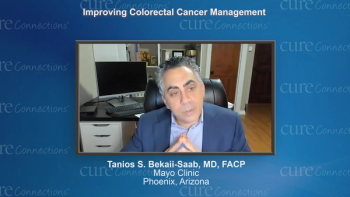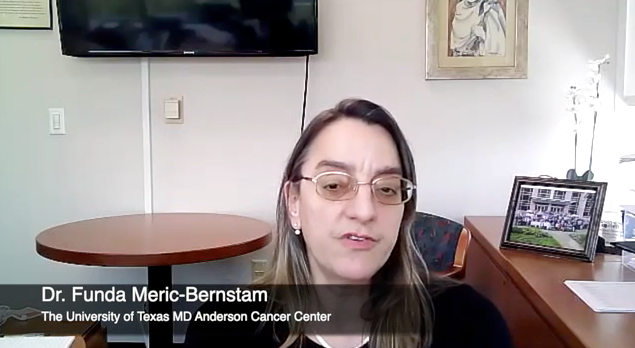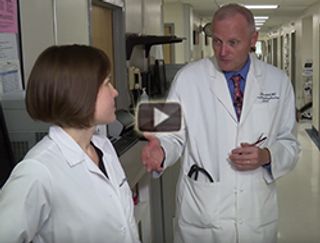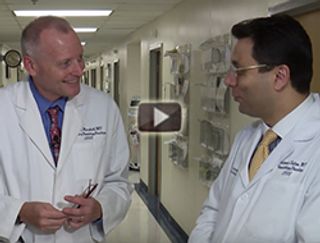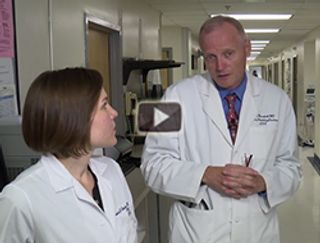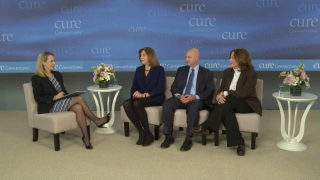
Colorectal Cancer
Latest News
Latest Videos
More News

The upcoming symposium will give members of the colorectal cancer community a chance to spread awareness and discuss prevention and treatment strategies for the disease in younger age groups.
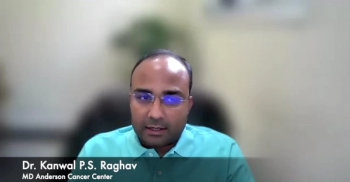
Responses to the study drug, according to one of the study’s authors, appeared far superior than what would have been expected with other treatments in patients with HER2-expressing metastatic colorectal cancer.

More than half of patients with previously treated advanced colorectal cancer who were treated with Lenvima and Keytruda were alive at six months while maintaining a manageable safety profile.

Additional Efforts Necessary to Implement New Recommended Age Range for Colorectal Cancer Screenings
In an accompanying editorial to the recently updated U.S. Preventive Services Task Force recommendation for colorectal cancer screenings, doctors suggested additional measures that would help increase the screening rate among eligible adults and potentially lower the mortality rate.

Factors such as red meat intake, alcohol consumption, low aspirin use and education level could contribute to a greater risk of an early-onset colorectal cancer diagnosis.

In an updated recommendation for colorectal cancer screenings, the U.S. Preventive Services Task Force (USPSTF) changed the starting age for screenings from 50 years to 45 years. The recommendation requires insurance companies to cover preventive procedures such as colonoscopies and stool tests.

Recent study results have demonstrated that regular use of baby aspirin prior to colorectal cancer diagnosis was associated with better survival outcomes.

A colon cancer survivor recalls how she made peace with being infertile as a result of cancer treatments.

A recent data review found that dietary patterns such as higher intakes of dietary fiber, calcium and yogurt and lower intakes of red meat and alcohol may lower the risk of colorectal cancer.

A patient recently diagnosed with cancer writes how with the help of the people she loves, as well as the wisdom, humor and empathy of books, she has continued to navigate her new country: “Cancerland”.

A once-every-two-week regimen of Erbitux has been approved by the FDA, which provides patients with KRAS wild-type, EGFR-expressing colorectal cancer or squamous cell carcinoma of the head and neck another treatment option.

From the death of Paralympic champion snowboarder Bibian Mentel to Baltimore Orioles first baseman Trey Mancini successfully completing treatment for colon cancer, here’s what’s happening in the cancer landscape this week.

New clinical trials open doors for positive changes in treatment of colorectal cancer.

A new technology that can detect small amounts of circulating tumor DNA in the blood of patients who previously received a diagnosis of certain types of cancer may dramatically accelerate the ability to cure more patients, says an expert from the University of Texas MD Anderson Cancer Center.

The identification of rare genomic alterations in patients with colorectal cancer gives oncologists the opportunity to treat patients who otherwise might not have many options.
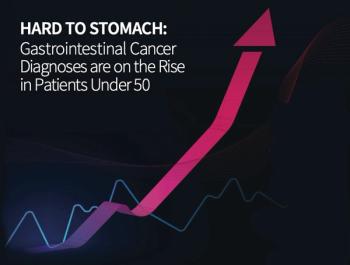
As the incidence of GI cancer creeps up among younger patients, so does the question of why.

In honor of Colorectal Cancer Awareness Month, CURE® compiled some recent colorectal cancer news and updates patients and survivors may have missed.
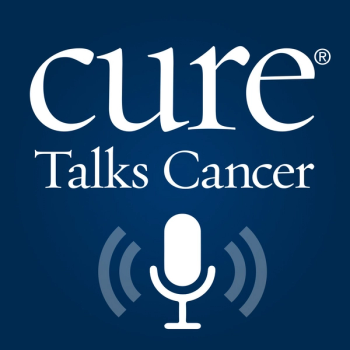
This week on the “CURE® Talks Cancer” podcast, to kick off Colorectal Cancer Awareness Month, we spoke with colon cancer survivor April Schack about what it was like to be diagnosed at age 36 and how she’s working with Fight CRC on a new campaign that aims to raise awareness about the disease, so that no one has to go through what she did.
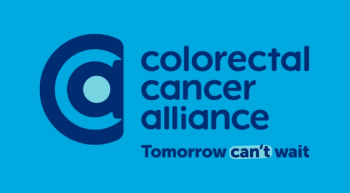
March is National Colorectal Cancer Awareness Month and national leading nonprofit the Colorectal Cancer Alliance launched a new “Pledge To Get Screened” campaign – a public health initiative urging every American to join together to make a difference to combat colorectal cancer by pledging to get their recommended cancer screenings.

From a childhood cancer survivor being named a member of the first all-civilian SpaceX mission to colorectal cancer survivors golfing alongside PGA Tour champions in the Cologuard Classic, here’s what’s happening in the cancer space this week.

Sending a text message reminder to participants about their upcoming fecal immunochemical test improved previously poor adherence rates for colorectal cancer screening.

Danielle Ripley-Burgess, a two-time colon cancer survivor, discusses why she wrote a book about her journey and how her experience strengthened her faith.

While aspirin has been shown to be a protective factor against colorectal cancer in younger adults, recent findings show that the benefit is nonexistent in individuals over the age of 70.

Patients with rectal cancer who maintain a clinical complete response – meaning they are found to have no evidence of disease – after three years, may not need as frequent surveillance after that point, due to a decreased chance of regrowth and metastases.
